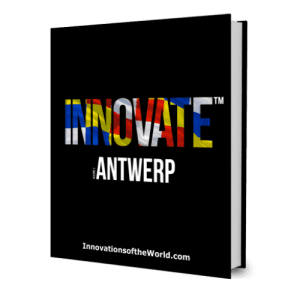You don’t differentiate yourself with technology alone. Our companies make the difference with their experience in the sector, their business insight, and their expertise in proven technologies. Here are a few examples:
TheValueChain
is known at SAP for their focus on innovation and creativity. They implement a step-by-step plan with online sessions for idea formation and sounding board meetings.
- Phase 1: We transform the idea into a pretotype, illustrated with a pretovideo that demonstrates the possibilities.
- Step 2: A prototype or proof of concept connects the idea to the experiential world of the users.
- Step 3: We build a minimum viable product (MVP), the first version of the new application.
- Step 4: We optimize it based on user feedback.
AppyThings,
another group company, does magic with Application Programming Interfaces (APIs). APIs ensure that business systems and apps can work together and exchange data efficiently and securely.
An example: A travel agency works with several airlines. When booking a flight via their application, you enter your destination, date, and several other options. Via the APIs of the airlines, you are shown flight results that match your criteria. Along every step in the booking process, the API enables the communication between the systems of the travel agency and those of the airlines. A win-win for all parties concerned.
Understanding the potential of APIs is important for every business today. Many companies will have to organize parts of their business differently. They might need to:
- Make their supply chain more responsive.
- Really commit to e-commerce.
- Work more efficiently with partners.
- Simplify a tangle of complex vendor systems.
- Implement new revenue models.
APIs are an essential part of this endeavor. As a premium partner of Apigee/Google, SAP, and Azure, AppyThings is the number one in the Benelux in terms of experience and knowledge of API management.
Bart Embrechts started his first company with E-Chain Management in 2002. When it was acquired by Ordina in 2008, it employed 120 people. With the founding of Gumption in 2012, he realized a dream: to create an ecosystem of innovative businesses to offer clients maximum added value.
This version should be easier to read and understand.













